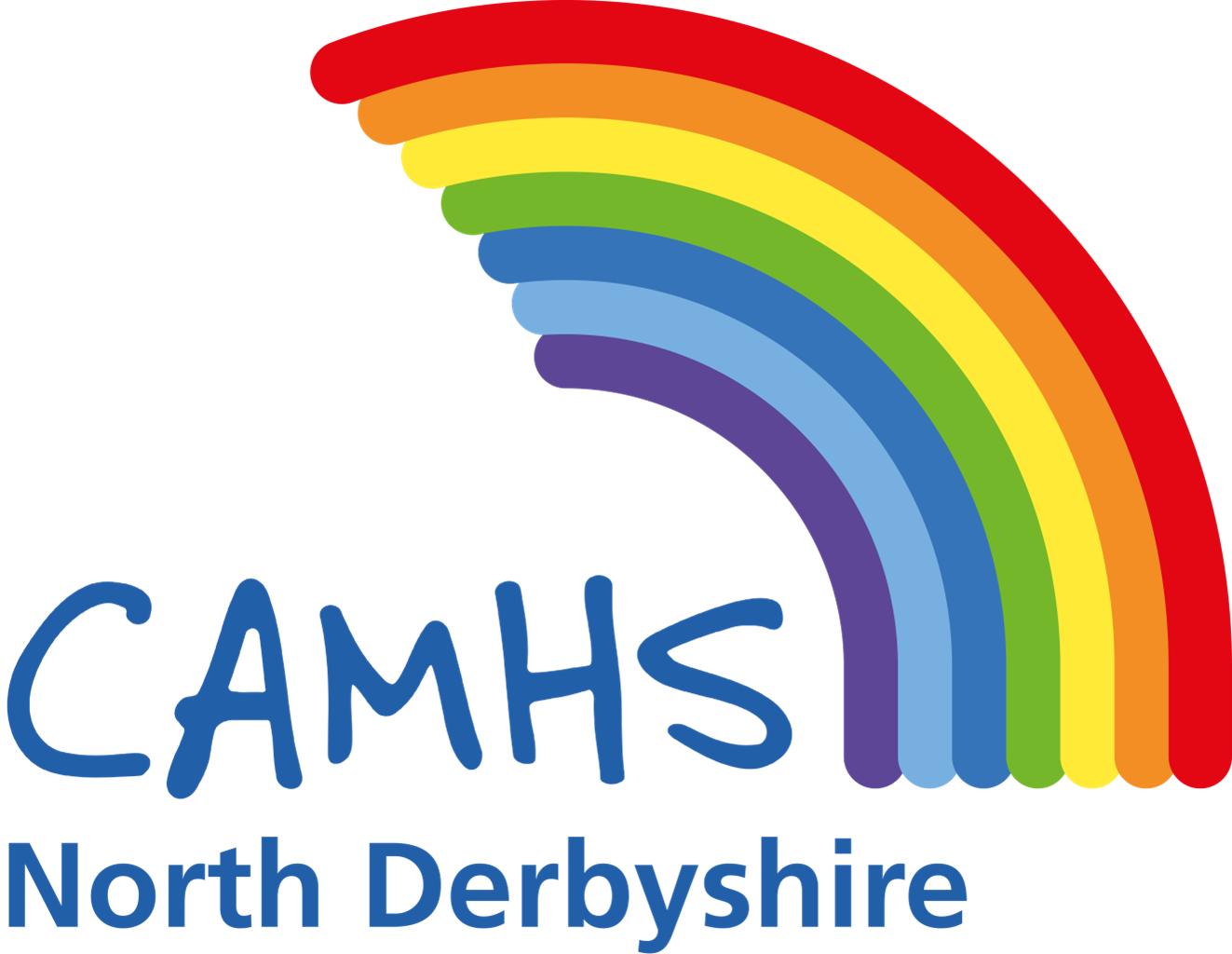teams/services
Cognitive Behavioural Therapy (CBT) Team.
What is CBT?
CBT stands for Cognitive Behavioural Therapy. It is a type of 'talking therapy' that can help you manage your feelings by changing the way you think and what you do. CBT deals with your current problems in the ‘here and now’, rather than focusing on issues from your past.
Studies have shown CBT to be very effective for children and young people and it has grown in popularity over the years.
CBT can be adapted for children and young people with learning disabilities and autism.
How does it work?
CBT is based on the relationship between thoughts, feelings, body sensations and behaviours that can trap you in a vicious cycle.
For example, if you interpret a situation negatively then you might experience negative emotions as a result, and those bad feelings might then lead you to act in a certain way.
What can CBT help with?
CBT has been shown to be an effective way of treating a number of different mental health conditions such as:
Anxiety
Low mood and depression
Obsessive Compulsive Disorder (OCD)
Panic Disorder
Social Anxiety
Post-Traumatic Stress Disorder (PTSD)
Phobias
Eating disorders such as Anorexia and Bulimia
What happens during a CBT session?
You will first be offered an assessment that lasts between 60–90 minutes. This is to explore your problem and for you to find out more about CBT. If you and the therapist agree that this is the right treatment for you, you will be offered weekly appointments. These weekly appointments last around 60 minutes, but can be made shorter if you need them to be. The course of treatment usually lasts for between 5 and 20 sessions, but this is different for each person.
In CBT you work with a therapist to identify and challenge any negative thinking patterns and behaviour which may be causing you difficulties. In turn, this can change the way you feel about situations and enable you to change your behaviour in the future.
After working out what you can change, your therapist will ask you to practise these changes in your daily life and you'll discuss how you got on during the next session. The eventual aim of CBT therapy is to teach you to apply the skills you've learnt during treatment to your daily life.
Is CBT right for me?
It is important you are motivated and able to commit yourself to the process to get the most from it. You will need to work in cooperation with the therapist and practice your skills in between sessions.
It will involve you being prepared to confront difficult feelings and anxieties, but your therapist will be there to guide and support you.
How can I be referred?
You will have an initial assessment appointment with your case manager. Following more discussion/further assessment or after a brief period of therapeutic work, your case manager may wish to consider with you whether you would benefit from Specialist CBT (Cognitive Behaviour Therapy), and they can refer you to our CBT team. There is a wait to be seen, however, we are working really hard to reduce waiting times. A CBT therapist would initially carry out what is called a ‘CBT Suitability Assessment’ with you (and with the support of your family/carers if appropriate) to work out if CBT would be beneficial for you.

